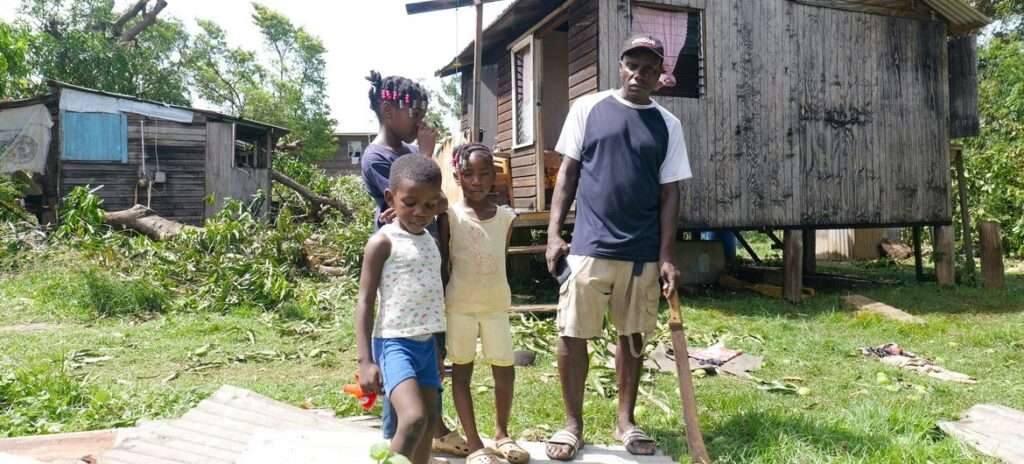In response to the devastation wrought by Hurricane Beryl in the Caribbean, the United Nations has unveiled a comprehensive regional response plan aimed at aiding the hardest-hit communities.
The hurricane, which struck last week, left a swath of destruction across several islands.
The response plan, estimated at $9 million, is allocated to support approximately 43,000 people across Grenada, Saint Vincent, and the Grenadines.
These figures are subject to change as ongoing assessments provide more detailed information.
The plan’s primary focus is to deliver lifesaving multisectoral assistance. It aims to bolster government-led efforts while ensuring the protection of vulnerable groups, including women and girls, from gender-based violence.
Additionally, the plan supports the rapid restoration and delivery of essential services and livelihoods, such as healthcare, water and sanitation, education, and agriculture.
Emphasis on Gender Sensitivity
A significant aspect of the plan is its emphasis on gender sensitivity. Given that nearly half of all households in Grenada and 39% in Saint Vincent and the Grenadines are headed by women, this approach is crucial.
The region also grapples with high levels of violence against women and girls, with nearly 39% of women in Grenada having experienced violence in intimate relationships.
The humanitarian response will unfold in two main phases, which may overlap depending on the situation on the ground.
Initially, efforts will focus on expanding aid delivery, conducting rapid assessments, and restoring key sectors such as healthcare and water and sanitation. Concurrently, the plan will address protection risks to ensure the immediate needs of affected populations are met.
Subsequently, the focus will shift to helping people resume their lives. This phase will encompass recovery and reconstruction efforts, including restoring livelihoods, building resilience, and transitioning to long-term activities.

International Solidarity and Support
The UN Secretary-General has allocated $4 million from the Central Emergency Response Fund (CERF) to kickstart the response, with $1.5 million earmarked for Grenada and Saint Vincent and the Grenadines.
The UN Office for the Coordination of Humanitarian Affairs (OCHA) reported that Canada has also pledged $1 million in assistance, which will be distributed through UN agencies and the Red Cross.
Additionally, Canada is supporting the Caribbean Disaster Emergency Management Agency (CDEMA).
OCHA has urged individual donors to contribute financially to reputable charities or aid agencies, rather than in-kind donations, which may not align with identified needs or meet required quality standards.
Financial contributions can also be directed to CERF, the OCHA-UNDP Connecting Business initiative (CBi), or by supporting public advocacy and outreach.
UN Migration stated, “In the aftermath of Hurricane Beryl, many people are in need of food, water, non-food items, and shelter.”
Donors are encouraged to report their contributions to the Financial Tracking Service to ensure coherence and minimize duplication.
Record-Breaking Hurricane
Hurricane Beryl has been identified as the strongest hurricane to form in June in the Atlantic Ocean. Originally a tropical depression, it quickly intensified into a Category 4 storm and briefly reached Category 5 status, with winds reaching up to 240 km/h (150 mph).
Experts from the UN World Meteorological Organization (WMO) have warned of a “very intense” hurricane season this year, driven by near-record ocean temperatures and the shift to La Niña conditions.
The agency predicts up to 25 named storms by November, with eight to 13 potentially developing into hurricanes.
The UN’s swift and comprehensive response plan underscores the critical need for international solidarity and support to aid the Caribbean islands in their recovery from Hurricane Beryl’s unprecedented impact.
READ ALSO: Zelenskyy Discusses Cooperation On NATO Summit Sidelines



















